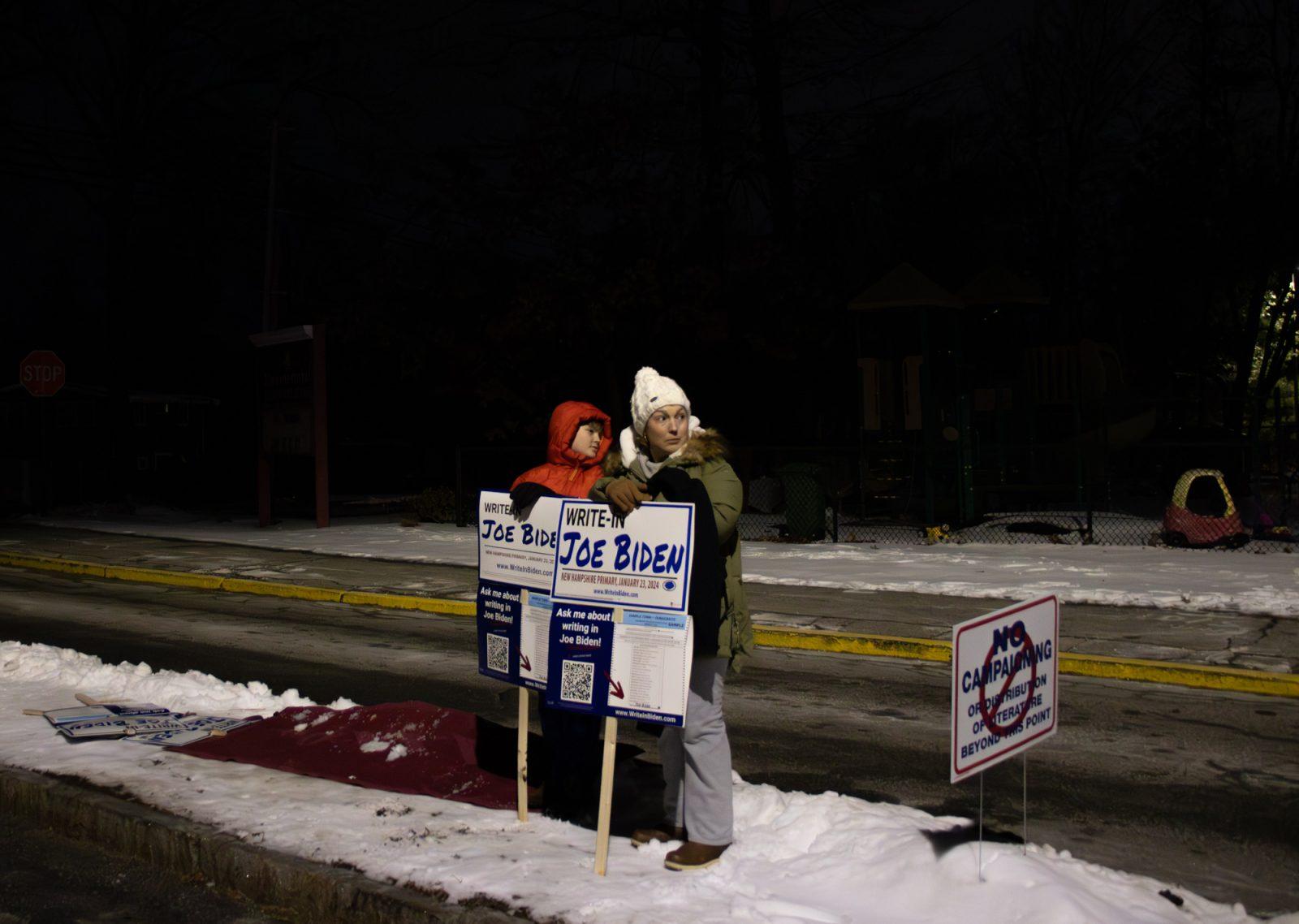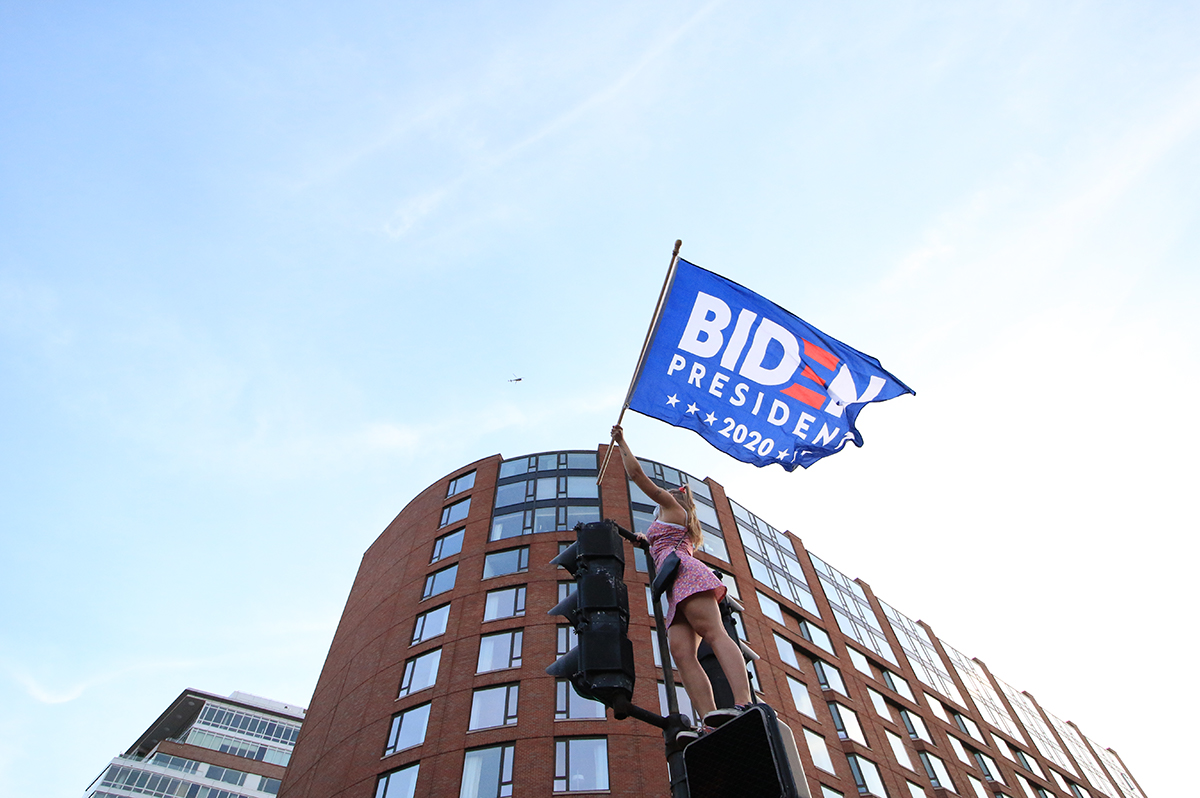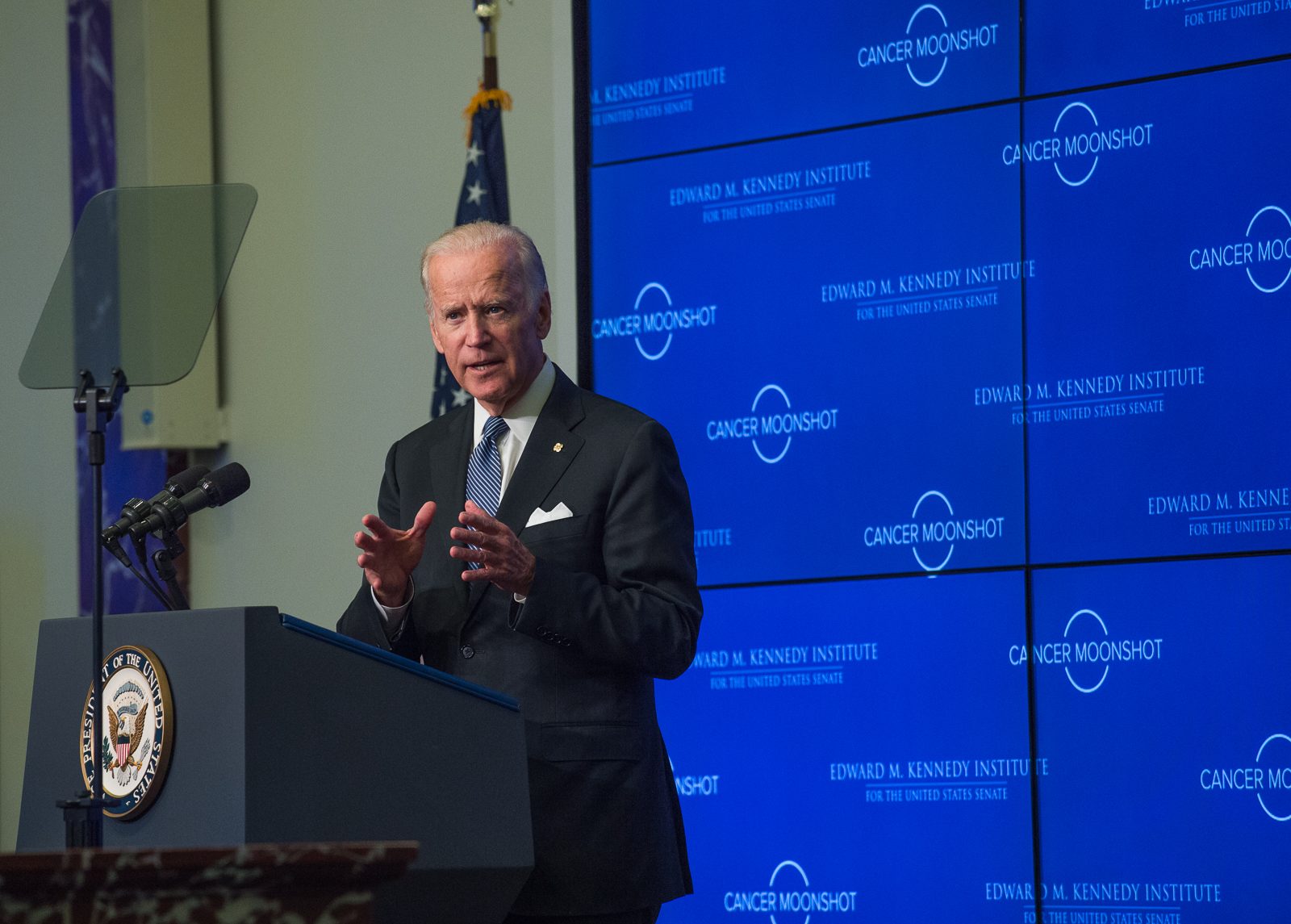Redistricting plans moved one step closer to passage on Tuesday when the Special Joint Committee on Redistricting shifted the plan out of the committee room and onto the floor of the Massachusetts House and Senate.
Minor changes were made to the original plan announced last week, which has received praise for increasing minority representation in the Legislature. The plan would establish 20 House and three Senate districts where the majority of residents are part of an ethnic minority.
Chairman Rep. Michael Moran, of Brighton, said that the committee had received more than 160 phone calls and 100 email comments since the plan was announced last week, but both the House and Senate maps remained largely the same.
A few precincts in Chelsea were moved back to the second Suffolk district, and in Western Massachusetts, a few towns were shifted between the House’s first and second Berkshire districts and the first Franklin district. There was also a reconfiguration of the fourth Middlesex district.
Moran said the changes would keep Latinos together in Chelsea and would not affect the majority status of Latinos in the first Essex district.
“We would like to keep the Latinos in Chelsea more intact rather than splitting them up,” Moran said. “And we believe it makes the second Suffolk district stronger in regards to Latino representation.”
Changes in the Senate plans were limited to a few precincts being swapped between the first and second Suffolk districts and the Norfolk and Suffolk district in South Boston.
The support for the state’s redistricting plans, which have received praise from a variety of groups including the New England branch of the National Association for the Advancement of Colored People and the citizen’s lobbying group Common Cause, is a contrast to the outcome that unfolded the last time the Bay State redrew its districts.
A Federal Appeals Court forced Massachusetts to redraw 15 House districts after it ruled in 2004 that redistricting in 2001 had deprived black voters of their constitutional rights.
The former Speaker of the House of Representatives, Rep. Thomas Finneran, eventually plead guilty to obstruction of justice after he denied involvement in the redistricting process.
Plans for redistricting the U.S. House of Representatives, which have not yet been released by the committee, are expected to draw more controversy. Because of slow population growth in Massachusetts, the committee will be forced to reduce the number of U.S. House districts from 10 to nine.






















































































































